The beginning of this month marked an important development for the British royal family.
Prince Harry landed in London to commemorate the 10th anniversary of the Invictus Games, and during his stay in his home country, his brother, Prince William, received a significant new honour from King Charles. The timing seemed coincidental, but yet, many saw it as a major snub to Prince Harry.
The announcement from the Palace revealed that King Charles III has appointed Prince William as the colonel-in-chief of the Army Air Corps.
“His Majesty the King will officially hand over the role of Colonel-in-Chief of the Army Air Corps to His Royal Highness the Prince of Wales,” the palace’s statement read. “In August 2023, following His Majesty’s Accession, the King was pleased to announce military appointments including that the Prince of Wales would become Colonel-in-Chief of the Army Air Corps. The role was previously held by His Majesty the King, as Prince of Wales, for 31 years.”
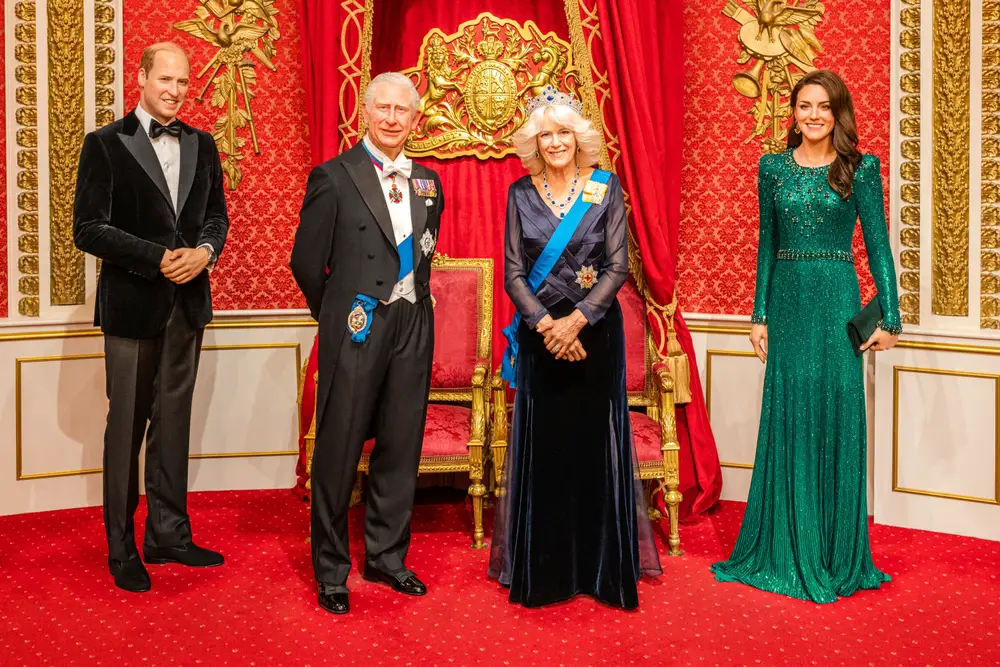
William’s new role places him in charge of Harry’s former unit. In 2008, Harry completed his Army Air Corps “Grading” and Pilot’s Selection Board interview, subsequently training as an Army Air Corps pilot in 2009.
“On successful completion of that Army Pilots Course, Prince Harry was selected to train on the Apache Attack Helicopter,” Harry’s official biography before he was removed from the official royal family website read. “On the same day, it was announced that Prince Harry received his provisional wings from his father.” Charles was colonel-in-chief of the Army Air Corps at the time, making the ceremony extra meaningful for Harry.
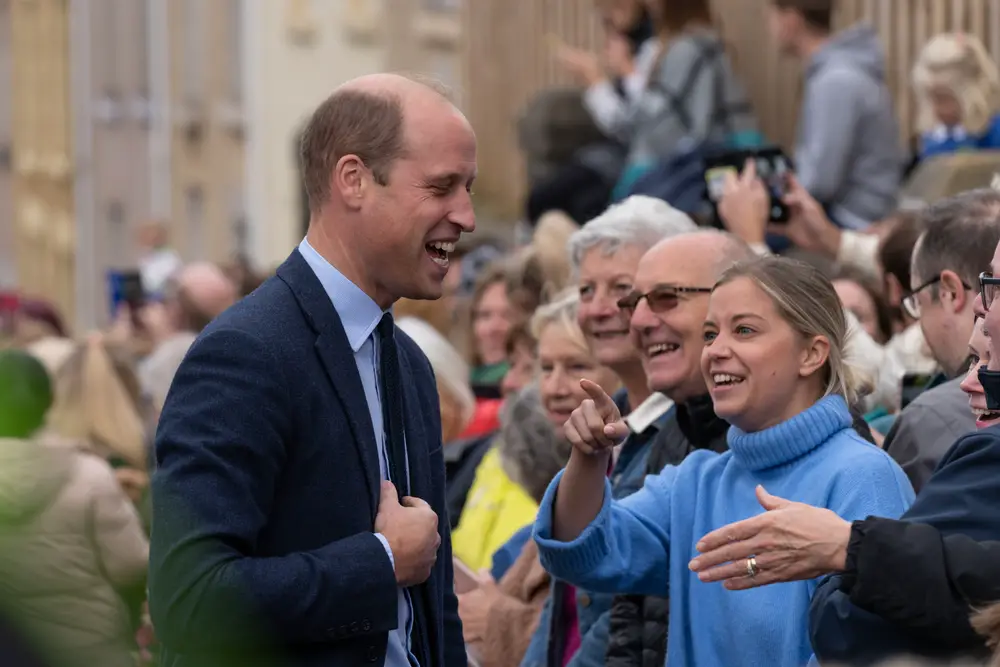
The unveiling of Prince William’s new designation emerges during a period of increased public curiosity, partly influenced by the tense rapport between Prince Harry and his father. Speculation surrounding the nature of their exchanges, or the lack thereof, during Prince Harry’s recent trip to the U.K. underscores the intricacies of royal relationships.
During Harry’s most recent visit, he and his father, King Charles, didn’t meet due to the king’s “full programme.”
However, the statement by Prince Harry added that he “hopes to see him soon.”
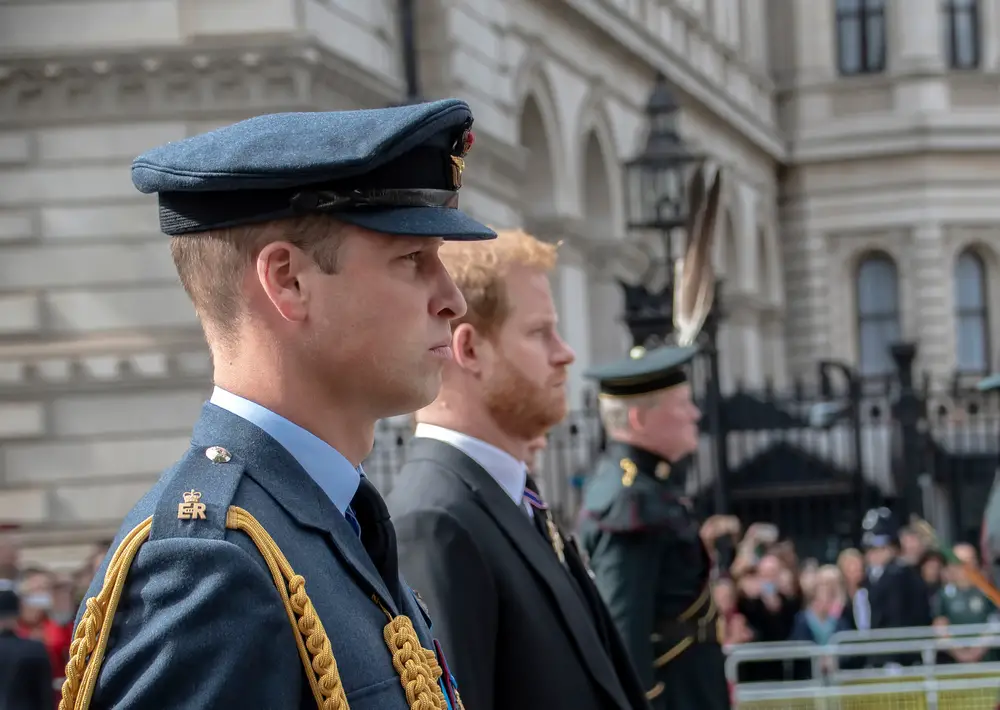
Despite the strained relationships with the members of the Firm, Harry expressed his happiness about returning to the UK. Regarding the party, he described it as “amazing” and commended the work of Scotty’s, emphasizing the incredible and necessary support they provide to children.
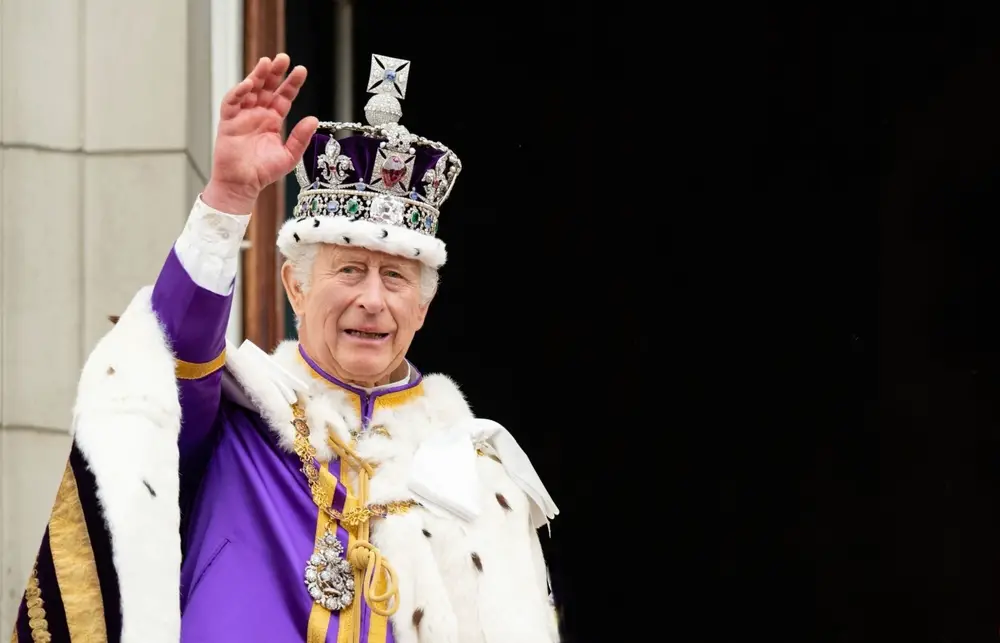
“The more opportunity you get to do these kinds of events, the more the families and kids know this place exists which is really the most important thing,” Harry said, as reported by BBC.
Please SHARE this article with your family and friends on Facebook.
My Husband Left Me and Our Kids for His Mistress — I Took Revenge after Visiting My MIL

Hannah is startled and heartbroken after she finds shocking photos of her husband, Charles, with his young coworker, Madison. With her world falling apart, Hannah doesn’t know what to do, but a visit to her mother-in-law’s gives her a secret weapon. Can Hannah use this new evidence to get the revenge she deserves?
I couldn’t believe my eyes. Sitting in my living room, I stared at my phone, my hands trembling.
It all started a week ago when my friend Sarah mentioned she had seen Charles with a young woman at a café. I brushed it off, thinking it was a misunderstanding.
But something gnawed at me, and I decided to ask Sarah to keep an eye out.
Now, Sarah’s message popped up with several pictures attached. I opened them, and there they were — Charles and Madison, his 20-year-old coworker, entering a hotel together.
They were laughing and holding hands, the intimacy between them unmistakable.

He shook his head. “No, Hannah. It’s over.”
I realized our life together, the family we built, meant nothing to him.
After Charles left, my life turned upside down.
I moved into a small apartment with the kids, barely scraping by. The settlement I received was meager, barely enough to cover our basic needs. I had hoped to keep things stable for the children, but every month was a struggle to pay rent.
One evening, after putting the kids to bed, I sat down with my laptop to look for ways to make ends meet. My job as a part-time receptionist wasn’t enough, and I started searching for freelance work, anything that could help us get by.
“How could he do this?” I muttered to myself, feeling the sting of injustice.
Charles had lied about the house’s value during the divorce proceedings. He’d manipulated the system to leave me with almost nothing. The unfairness of it all consumed me.
How was I supposed to provide for our children when he had taken everything?
“We did it, Hannah. He’s finally getting what he deserves,” Margaret said, hugging me tightly.
I smiled, tears of gratitude in my eyes. “Thank you, Margaret. I couldn’t have done this without you.”
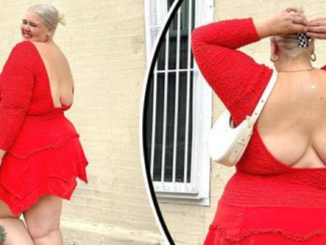


Leave a Reply